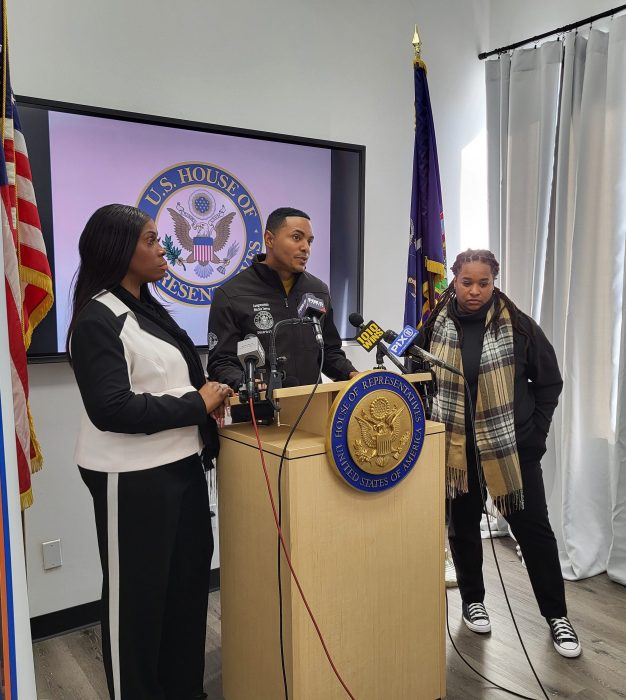
For the first time, every single drinking fountain in the city’s park system is going to be tested for lead.
Parks Commissioner Mitchell Silver said the effort to test 3,500-plus drinking fountains will kick off Monday in Queens and is likely to take about seven weeks to complete.
Officials said park water fountains have not previously been shown to cause elevated lead levels in children. The testing initiative is part of the city’s LeadFreeNYC program, outlined by Mayor Bill de Blasio earlier this year.
The city has been criticized for a poor job of monitoring lead levels and downplaying risks in the New York City Housing Authority and in public schools. NYCHA officials falsely claimed to have conducted lead inspections and misled the federal government and the public about the scope of several hazards in its portfolio, according to a settlement with federal prosecutors.
De Blasio then promised to more aggressively monitor the contaminant.
The city is set to spend about $1 million testing the drinking fountains through a contract with the engineering company Woodard and Curran.
Drinking water can become contaminated when pipes, faucets and other plumbing fixtures containing lead corrode, according to the U.S. Environmental Protection Agency. The problem often happens when the water has a low mineral content or a high level of acidity. Parks officials said the city’s water supply is monitored and, if needed, food-grade phosphoric acid is added to help ward off corrosion.
Parks officials warned that before they are tested, fountains must be closed for a period that ranges from eight to 18 hours. Any fountains with lead levels of at least 15 parts per billion — the federal threshold for action — will be shut down immediately.
“The Mayor’s LeadFreeNYC program ensures that our children are safe, whether they are at home, at school, or in our parks; and we are doing our part by testing all of our drinking fountains and putting a plan in place for annual testing, so that our water remains safe,” Silver said in a statement.
Parks officials promised to post the test results on an interactive map, starting later this month. The status of which fountains have been tested can be tracked on the map.
Most park water fountains are closed during the winter months. They are traditionally flushed out and inspected in the spring, but not tested for lead.
Once the initial round of screening is complete, the Parks Department plans to test about 20% of the fountains annually.































